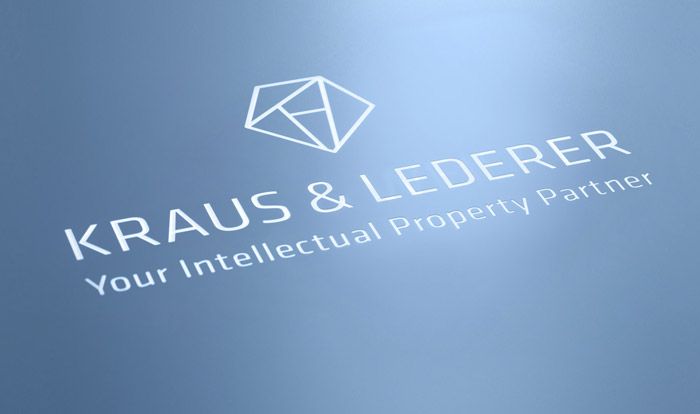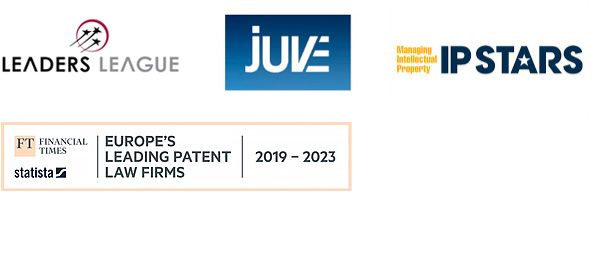
Overview
The unitary patent system – a long story coming to an end
The start of the unitary patent system was held up by the United Kingdom (UK) leaving the European Union ("Brexit") and constitutional complaints in Germany. Both obstacles have meanwhile been overcome. The UK will not participate in the unitary patent system. The Protocol on the provisional application of the UPC Agreement (UPCA) entered into effect in January 2022 and the required states for a start of the unitary patent system have completed the necessary steps for ratification.
After a sunrise period from 1 March 2023, the unitary patent system started operating on 1 June 2023 with the Unified Patent Court opening its doors and receiving cases.
For additional information, please refer to:
https://www.unified-patent-court.org/en/news
The unitary patent system in a nutshell
The European patent with unitary effect ("unitary patent") is one single patent right valid in several EU member states (similar to a European Union Trade Mark or a Community Design). In contrast, currently a "classic" European patent is actually granted as a bundle of national patents.
The UP system is fully integrated with the European Patent Convention: There are no changes with respect to the pre-grant phase and the possibility to file an opposition against the grant of the European patent with the EPO. Moreover, the "classic" European patent will still be available.
The Unified Patent Court (UPC) will have jurisdiction over unitary patents and "classic" European patents and will decide on questions of validity and infringement. However, during a transitional period, patent proprietors can opt-out their "classic" European patents from the jurisdiction of the UPC.
In the UPC, legally qualified and technically qualified judges will work together. Moreover, dually qualified German and European patent attorneys may represent parties before the UPC.
Infringement and nullity actions in the Unified Patent Court system may be advantageous for patent proprietors, but potential risks are to be kept in mind. The Unified Patent Court system can increase efficiency when infringement takes place in many member states. Moreover, the involvement of technically qualified judges and the possibility to be represented by a patent attorney may lead to decision more focused on the technical aspects. However, it should be noted that so far no case law exists, that an adverse decision applies in all member states (“all eggs are put into one basket“), and that several parallel infringement or revocation actions may be preferred for risk management reasons.
Patent proprietors should make a well-considered decision whether they want to use the option to opt-out from the jurisdiction of the UPC for some or all of their European patents; the proprietor can “opt-in” again.
Contact
KRAUS & LEDERER PartGmbB
Patentanwälte | European Patent and Trademark Attorneys
Thomas-Wimmer-Ring 15
80539 Munich
Germany
T +49 89 29060 - 0
F +49 89 29060 - 111
www.kraus-lederer.de
Proud to be honoured
We have received awards from renowned national and international handbooks, magazines, newspapers and international professional journals and are proud when good work is recognized.

News
Interview of the Handelsblatt
We are happy and proud that the merger of KRAUS & WEISERT and LEDERER & KELLER was recognized in the supplement …
Juve Patent news article
We are proud to share that we are merging with the renowned German IP firm LEDERER & KELLER. …
Search
© 2024 KRAUS & LEDERER PartGmbB
Thomas-Wimmer-Ring 15 | 80539 Munich | Germany
T +49 89 29060 - 0 | F +49 89 29060 - 111
www.kraus-lederer.de |